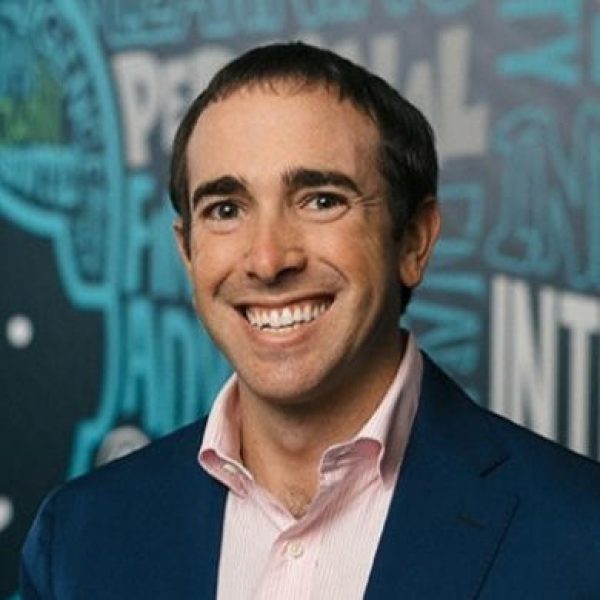We like to believe our success comes from skill and hard work—and when things don’t go our way, it’s easy to blame external forces. But the truth is, luck and timing often play a bigger role in outcomes than we care to admit. That tension between effort and randomness is something every advisor, especially in leadership, needs to wrestle with.
When we let outcomes define us, we lose sight of what really matters: the integrity of our process. Hindsight bias can trick us into thinking a result was obvious in retrospect—just like Blockbuster passing on Netflix looks foolish now. But success and failure both deserve the same question: was the decision-making process sound? One way to protect against bias is to document decisions in real time—journaling what we knew, why we chose a path, and how we thought it might play out. That record becomes invaluable when evaluating outcomes later on.
The most resilient advisors aren’t the ones who only chase good results—they’re the ones who consistently refine their process, learn from feedback, and recognize when luck played a hand. By embracing that mindset, we build adaptability into how we lead, grow, and serve our clients—no matter what tomorrow brings.
Timestamps:
[06:54] – Revisiting Blockbuster’s Decisions and Legacy
It’s easy to call Blockbuster’s refusal to buy Netflix a mistake—but that’s hindsight talking. At the time, the decision made sense given the market context and uncertainties. As leaders, we’re often judged by outcomes, but real progress comes from evaluating the quality of our decisions based on the information we had—not just how things turned out. This is a reminder to prioritize process over results and resist the trap of outcome bias.
[27:11] – Journaling: A Tool Against Overconfidence Bias
Journaling decisions in real time may seem simple, but it’s one of the most powerful tools we have to sharpen judgment. By capturing what we believed and why we acted before results come in, we create a clear view of our process—separate from the noise of hindsight or ego. It’s a practice that helps leaders distinguish between replicable success and one-off luck.


